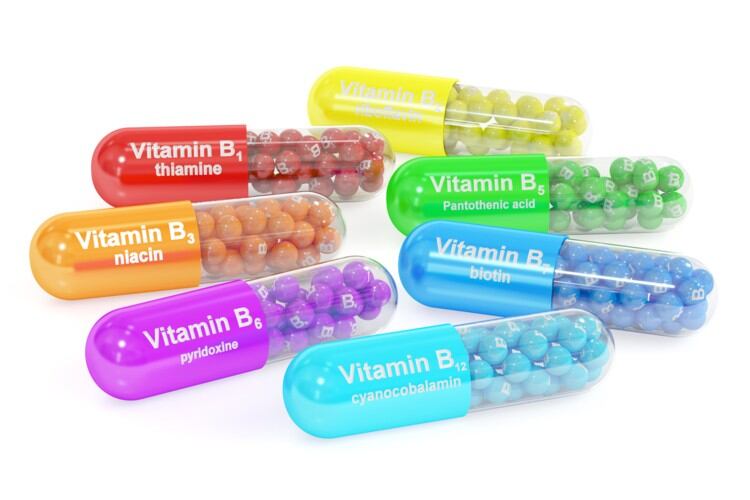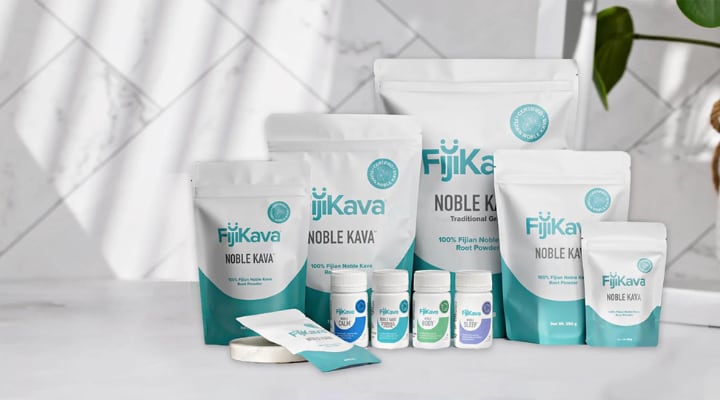The National Health Commission (NHC) Food Safety Standards and Monitoring and Evaluation department made the announcement in May.
At the moment, vitamin B1 and B2 are allowed to be incorporated as food additives into dairy powder for children and pregnant women, as well as soy powder, soymilk powder, soy milk, gum base candy, rice and products made from rice etc.
Having assessed the safety of these vitamins, the Chinese authorities are expanding the use vitamin B1 and B2 into beverages for special purposes, such as sports drinks and nutritive drinks.
Authorities from other countries, such as US FDA, EU, Japan’s Ministry of Health, Labour, and Welfare, and Food Standards Australia New Zealand (FSANZ) have approved the use of these vitamins in foods, NHC said in the notice.
The approved dosage of these vitamins in the beverages is set at 2mg/kg to 5mg/kg.
On the other hand, taurine is currently approved for use in beverages for special purposes. However, the NHC is increasing the maximum permitted dosage from 0.5g/kg to 0.6g/kg.
It added that authorities from other countries have approved the use of taurine as a food flavouring.
Scientific findings
Existing findings have showed limited evidence on the benefits of vitamin B1 and B2 in exercise capacity, said a position statement on energy drinks and energy shots released by The International Society of Sports Nutrition (ISSN) in March.
B vitamins and taurine are commonly found in energy drinks. For vitamin B1 or Thiamin, it is involved in carbohydrate, amino acid, and lipid metabolism.
As thiamine pyrophosphate, it functions as an essential cofactor of enzymatic reactions, as such, there has been interest in its role in active individuals.
“However, limited information has indicated that thiamin supplementation does not improve exercise capacity when athletes are found to have a normal dietary intake.
“Additionally, the overall prevalence of vitamin B1 in bestselling ED (energy drinks) and ES (energy shots) is only 1.3%, with an average content of 25% of the Daily Value (DV) per serving, corresponding to ~0.3 mg,” said the ISSN, adding that the vitamin did not appear to produce toxicity even at high doses.
As for vitamin B2 or riboflavin, the ISSN pointed out that its dietary intake likely exerted “little to no influence on exercise capacity in the absence of prior deficiency.”
“The overall prevalence of vitamin B2 in bestselling ED and ES has been reported at 8.0%, with an average content (mean ± SD) of 133 ± 81 % of DV (daily value) per serving, corresponding to ~1.7 mg,” it added.
Taurine, however, has been shown to improve endurance exercise performance, said the ISSN.
Citing a meta-analysis of 10 studies published in 2021, it pointed out that acute or chronic taurine intake could improve endurance exercise performance.
Another systematic review published in 2008 also found that it could improve time-to-exhaustion, anaerobic performance, and cognitive benefits.



